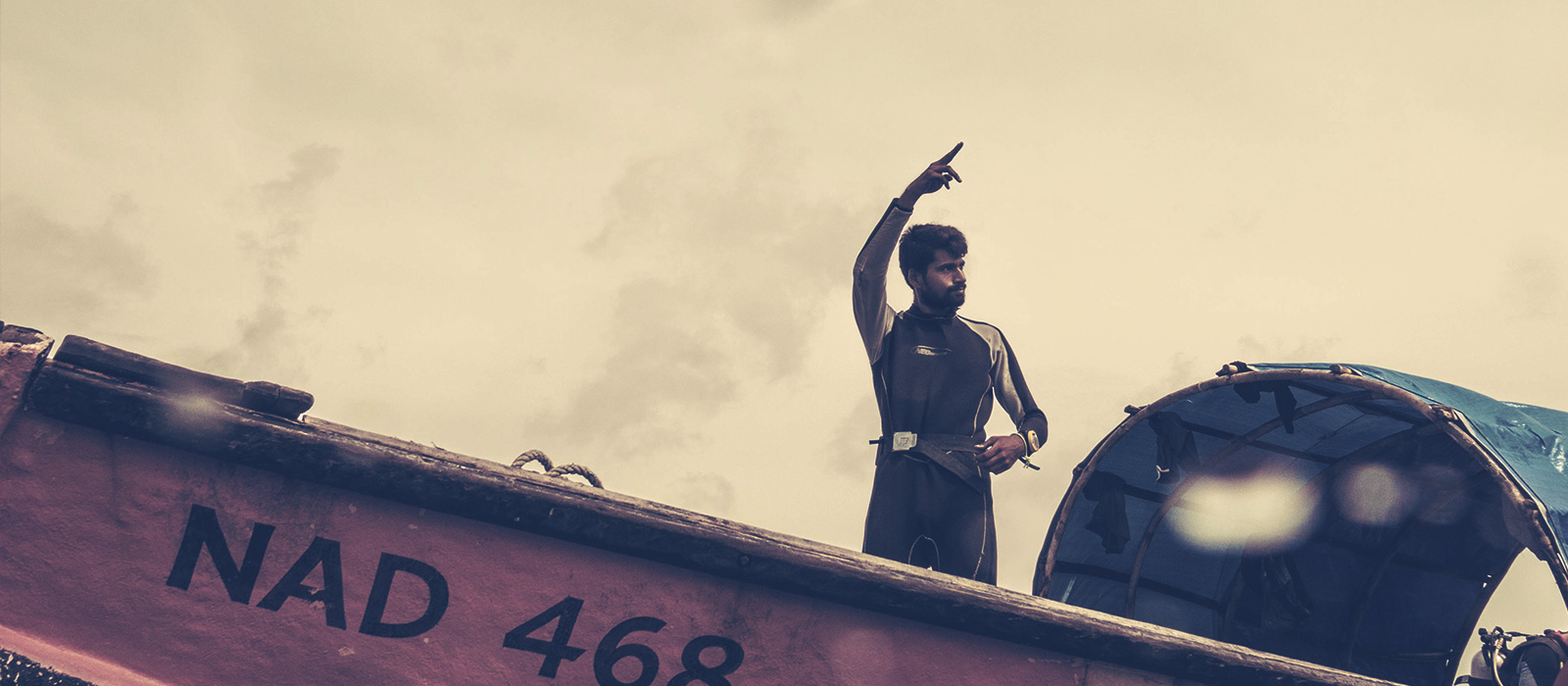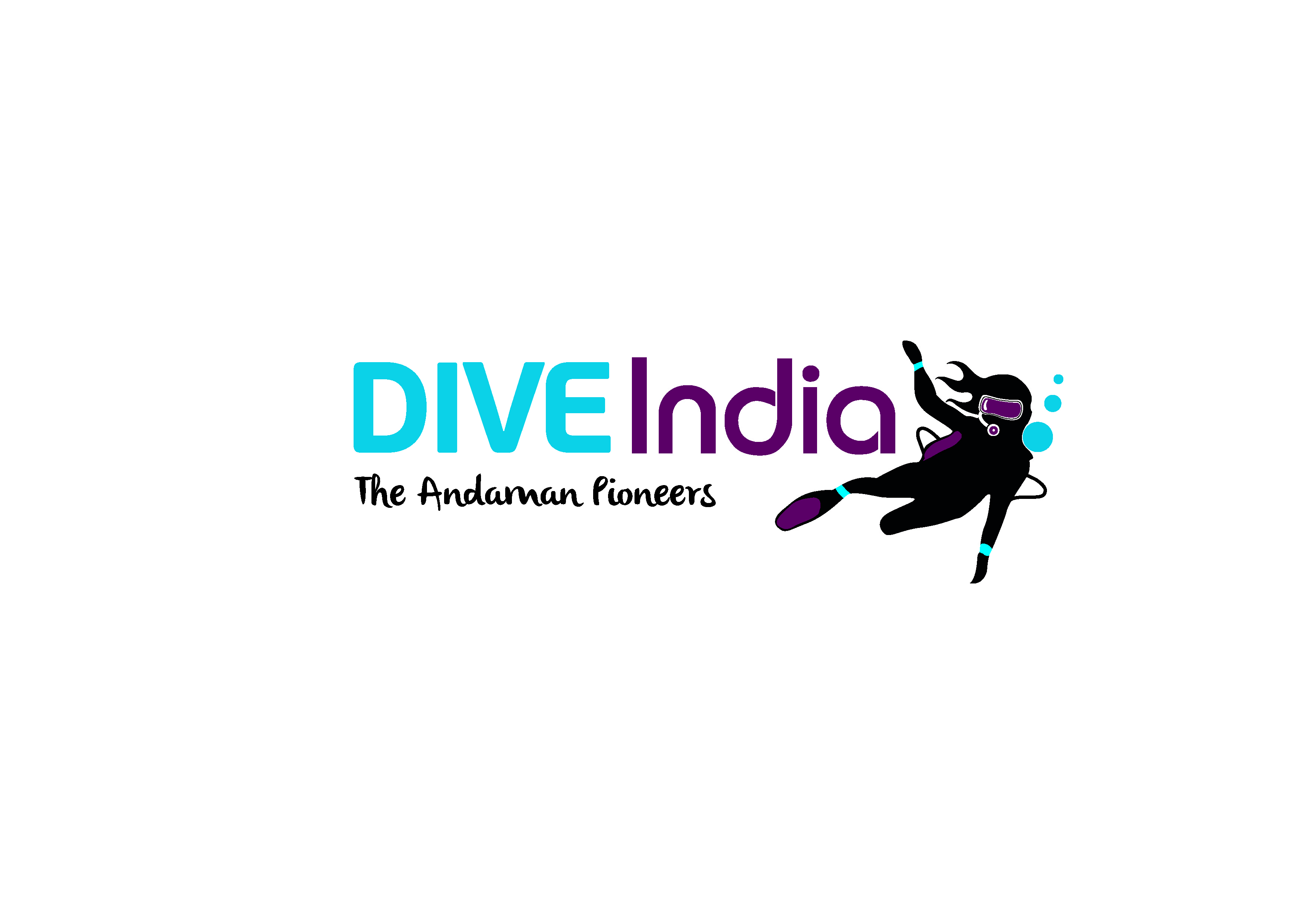
The Divemaster course is a great step forwards for divers looking to become a part of the dive industry – as a PADI professional, they become part of the largest association of dive professionals in one of the coolest sports on (or is that under?) the planet, with employment opportunities all over the world. The sport is just starting to take off in India and there are tremendous opportunities all over the country. So obviously, for someone looking to become a dive professional, this is a very critical step in their professional development.
Even if someone isn’t looking to work as a dive pro, the Divemaster course allows them to really expand their horizons when it comes to their dive skills and involvement in the sport. And either way, it is a fairly large commitment of time and effort – and a not-insignificant amount of money either.
So here are a few things to keep in mind when picking a place to do your DM program.
The next most important question is something you ask yourself – why are you doing the DM course? Is it because you want to work in the industry? Is it because you want the personal satisfaction of having that black professional’s card? Is it because you want a break from work? Or is it because you just want a few weeks of discounted diving? Each of these are perfectly valid reasons – this is a sport and you get to make the call on what you like, and what you want. But in each of these cases, you need to be absolutely honest about why you are doing the course.
Let me go use a college analogy: just as the same degree can be taught very differently in a liberal-arts college vs a technical-focused college (or even two similar types of colleges), so too the DM course can be taught very differently across dive centers. So you need to make sure that a dive center’s teaching philosophy is in line with your expectations above. For example, at DIVEIndia, our focus is on preparing qualified dive professionals who are ready to work at a dive center (most often our own!) afterwards. So our training has a very heavy emphasis on diver control, safety and also in assisting instructors (if you can handle students, you can handle certified divers), as well as in developing judgement, decision-making & professionalism (which occasionally translates into a little ’tough love’ from an instructor :)). For candidates who are looking to get a month of relaxed diving for free, this is not a good fit. But given how virtually all our Divemaster candidates who want to work in the industry have gone on to do so, we are obviously doing something right in our chosen area of focus.
Another thing to keep in mind that the Divemaster course is going to be very different from any other program that you have done so far. Till now, every program that you have done consists of a set of skills you have to learn, which is a binary state: either you know the skill or you don’t (simplifying a little – there are different levels of learning, but we dont need to get into that yet). The DM course also has quite a few areas that are similar (theory, watermanship, dive skills), but these are only a small subset of what makes a professional. Just as with any other job, there are a lot of soft skills that make the difference between a good dive professional and a mediocre one. And those are the skills that are harder to grade: how do you score “decision making” or “judgement” or “professionalism”? These arent attributes which you either HAVE or DONT HAVE – they are skills that are constantly evolving.
The impact on this depends on what your goals are – if you are planning to work in the industry, then you want to develop your judgement, decision-making and professionalism. So you want a dive center that will customize the program to some degree to cater to your strengths and weaknesses. On the other hand, if you are looking for a break from work, then it may be better to do your course somewhere where it is taught in a standardized manner to groups of Divemaster Trainees (DMTs), so there is a more social and group aspect to the training. Again – no right or wrong: whatever fits your needs best.
Furthermore, what is the training philosophy of the dive center? For example, at DIVEIndia, we generally go well beyond the minimum requirements for candidates, customizing the training as per each person’s requirements. But, as we explain during the initial orientation, we expect DMTs to be more proactive about their learning, and to question/challenge/ask, as opposed to passively waiting to be hand-fed everything they need to know. No matter what the personality of the candidate, there is a certain baseline we expect all candidates to achieve, but when it comes to the ceiling, that is set by the DMT and his or her interests and drive. We feel it is a good preparation for life as a dive professional, and that’s how we operate. For someone who isnt comfortable with this, a more “standardized” approach may be more appealing.
Continuing the training philosophy approach – every person has their own style of working. A large part of being a good and effective working dive professional (Divemaster or Instructor) is finding your own style and continuing to develop and refine it. For that to happen, you need to be exposed to different instructors and see how they do things, so you can pick and choose. You need to be able to question them – why did you do it THIS way and not THAT way? And you need to have the freedom to absorb elements from each instructor and create your own approach. Does the program let you do this?
Another point to consider is – should you do the DM course or do an internship? Depending on how the program is structured, internships can sometimes cost more or less. Some dive shops trade off the DM program in exchange for labor – you fill tanks, load/unload the boat, clean gear, etc. In such cases, the training costs may be offset – and this is a good option for people looking for a bunch of inexpensive dives. Other dive shops (like us) charge more for the internship – our internship includes 40 dives, but these are training dives and the candidate is not working as shop staff. Hence the difference – again, a matter of training philosophy.
So should you do a training internship or not? The barebones DM course meets the minimum requirements (which are fairly thorough, to be clear) and is a good option for those who want a DM card for personal reasons, but for those looking to work in the industry, we always recommend an internship – usually, these programs are a lot more immersive in nature than just a barebones DM course. And because you are better assimilated in the dive shop, there is a greater scope for informal learning. Lastly, those soft skills i mentioned earlier: those always improve. The more experience you have, the better you get in those areas. And the better a professional you become.
There are also a few nitty-gritty type of questions to ask – what is the experience level of the dive center and the instructors, how many dives are included in the package or internship, what are your specific roles and responsibilities? This last part is especially important if your goal is to get in a lot of discounted dives – there are dive centers where the DM course is traded off for free labor: DMTs get to lead dives and in exchange, they load/unload the boats, they fill the tanks, clean the gear, etc. Again, for someone looking to get a bunch of cheap dives in, this may be a better fit than a program like ours, for example, where the emphasis is not so much on “fun diving” as on “learning” (although hopefully, both “fun” and “diving” are involved- otherwise, why are we doing this???).
Lastly, there is also the question of what agency to go with. If you are doing this for personal reasons, find a dive center whose philosophy matches yours, and a good instructor who will be managing the program – agency doesn’t matter. If you are doing this tog et a bunch of dives in, find a good location where you will enjoy the diving. If you want to work in the industry, or freelance when you travel, then your 2 main choices are PADI or SSI. In the absence of any specific reason for one agency or the other, our general recommendation is PADI (and to be clear – we used to recommend this even when we were both PADI and SSI), for three main reasons: (1) there are a lot more PADI dive centers than SSI dive centers, so odds of finding a job are higher if you go with PADI, (2) as an SSI dive pro, you have to be affiliated with a specific dive center; as a PADI pro, you can work independently and (3) if you want to be multi-agency qualified, it is cheaper to first become a PADI pro and then cross over to SSI (especially at the instructor level).
You’ll note that we didn’t mention money. This may come across as self-serving, but money should be the last thing you look at this level. Do you pick a college based on tution? So why would you devalue the quality of your professional training? Even if you aren’t planning to work as a dive pro but are doing this for personal reasons, you should still make sure you find a good fit between your requirements and the dive center’s philosophy first (even those 3 months of fun diving for free can start to get tedious if you are expected to dive every day, without days off, and are working from 5am to 7pm daily). That is not to say money isn’t important – for sure, if you have a few equivalent options that are equal in all respects except money, go for the cheaper option. But your initial selection should not be based on money. Picking a bad fit to save a little money will result in a bad experience and a waste of time and money, not a savings.
If you have read this article, odds are good that you are either planning on doing your DM program, either now or some point down the road. Hopefully, it gives you a few pointers on what to look for, when it comes to selecting a dive shop. Feel free to chime in on our Facebook group with your thoughts on this.


